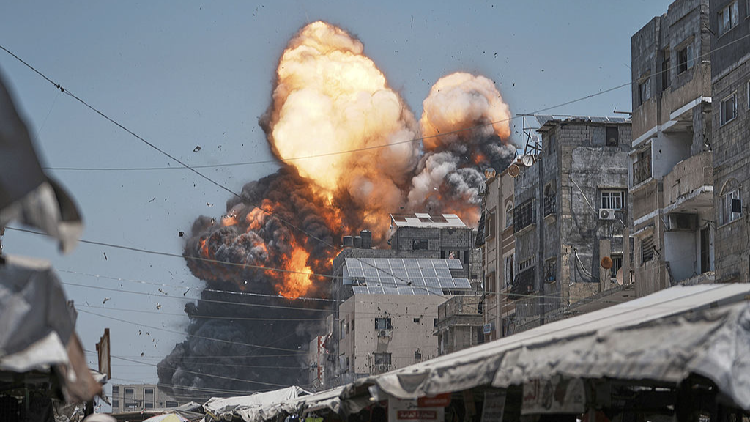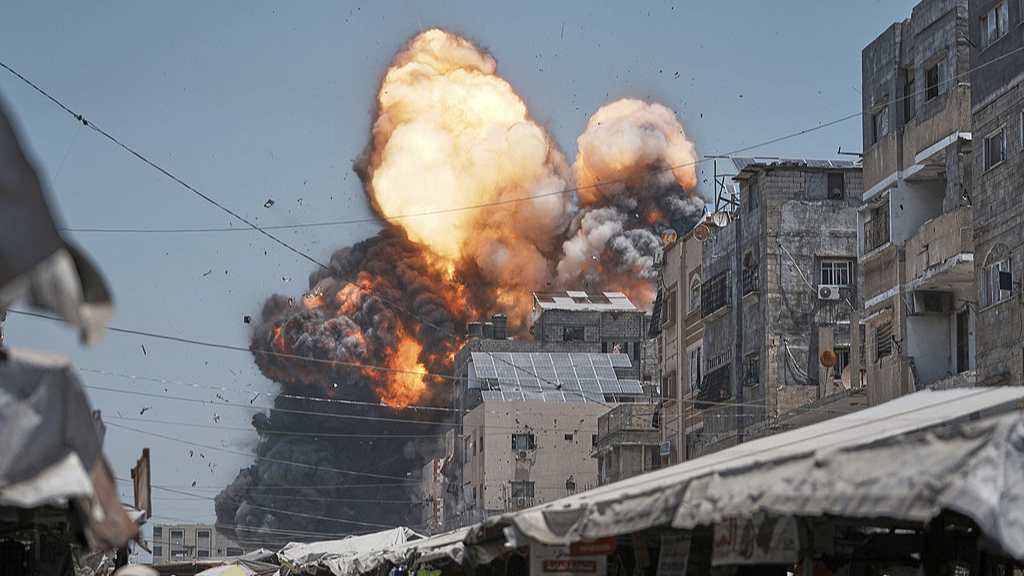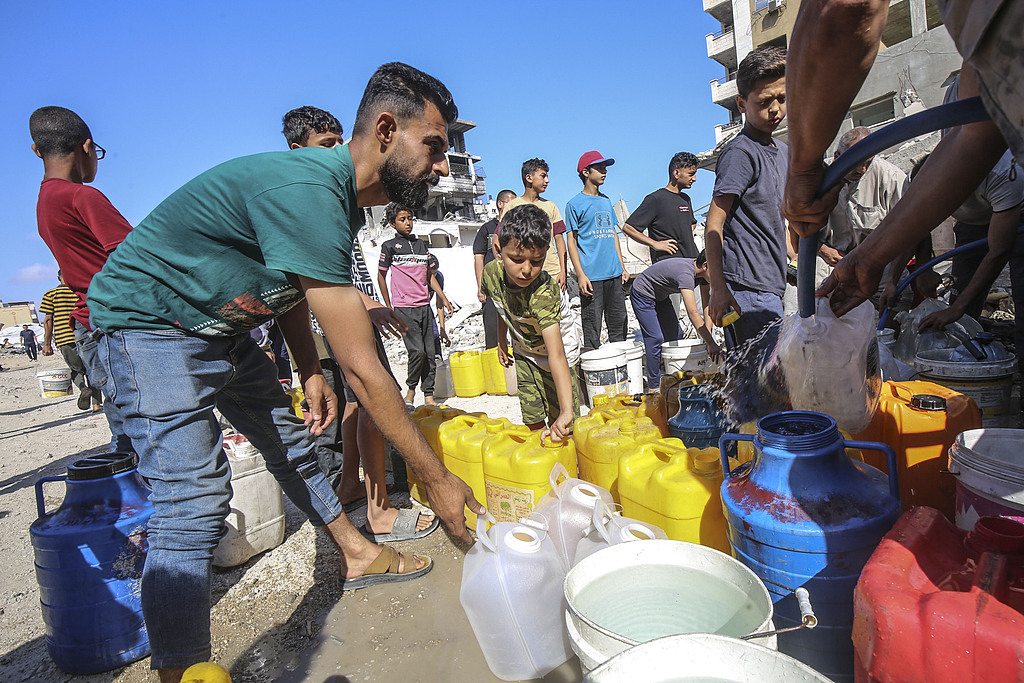Netanyahu Confirms Israel Arms Gaza Clans to Fight Hamas Amid Rising Tensions
Netanyahu admits Israel has supplied arms to Gaza clans to bolster their fight against Hamas.


Israeli Prime Minister Benjamin Netanyahu confirmed on Thursday that Israel has armed local clans within the Gaza Strip in order to counter Hamas fighters. The announcement followed accusations from opposition lawmaker and former Defense Minister Avigdor Lieberman, who alleged that Netanyahu had ordered weapons transfers to groups described as "criminal gangs" in the embattled enclave. Lieberman warned the move could backfire, arguing that Israel does not have a reliable means to monitor or control these distributed arms.
Netanyahu addressed the concerns directly in a video statement posted online, stating that “on the advice of security officials, we activated clans in Gaza that oppose Hamas.” He defended the strategy by adding, “What’s wrong with that? It’s only a good thing. It only saves the lives of IDF (Israel Defense Forces) soldiers.” According to Israeli officials cited anonymously, the initiative was approved at the highest levels by Netanyahu and executed in collaboration with the Shin Bet internal security agency, reportedly without the prior approval of the national Security Cabinet.
The revelation comes amid a worsening humanitarian crisis in Gaza, which has suffered through nearly two years of siege, airstrikes, and ground warfare. The prolonged conflict has left large swathes of the territory in ruins, with critical infrastructure—including hospitals, universities, electricity grids, and farmland—either heavily damaged or destroyed.
After more than 80 days under a full blockade preventing the entry of humanitarian aid and essential supplies, the population of Gaza is facing what aid groups describe as imminent starvation. The UN Office for the Coordination of Humanitarian Affairs (OCHA) reported on Thursday that access for humanitarian movements continues to be heavily restricted, with Israeli authorities denying permission for the majority of coordinated relief missions. Out of 16 attempts to move aid and provide essential services on Wednesday, five were outright rejected, including convoys transporting water, nutritional supplies, and fuel. Six additional missions were either disrupted or canceled.
Ongoing shortages have made daily life increasingly precarious for Gaza residents. OCHA noted that over 90 percent of families lack the cash needed to buy what little food remains available on the market. Basic items such as meat, dairy, vegetables, and fruit are reportedly almost nonexistent in people’s diets, with eggs once again disappearing from shelves.

As the humanitarian situation grows ever more dire, international attention has focused on diplomatic efforts to halt the violence and address Gaza’s needs. On Wednesday, the UN Security Council considered a draft resolution calling for an immediate ceasefire and the lifting of restrictions on humanitarian aid entry into Gaza. Despite support from 14 out of 15 Council members, the measure was vetoed by the United States.
UN Secretary-General Antonio Guterres expressed disappointment at the veto, reiterating the commitment of the United Nations to continue providing assistance to Gaza's beleaguered population. He also stressed the urgency of preserving the two-state solution as the only viable path toward peace, asking pointedly, “For those that doubt the two-state solution, I ask: What is the alternative? Is it a one-state solution in which either the Palestinians are expelled or the Palestinians will be forced to live in their land without rights? That would be totally unacceptable.”
Meanwhile, prospects for post-conflict governance in Gaza remain deeply uncertain. Israel’s leadership has repeatedly refused to discuss potential political arrangements for the enclave after hostilities end, stating emphatically that no role will be given to the Palestinian Authority in any future administration of Gaza. The geopolitical deadlock leaves the enclave’s future—and the well-being of its civilian population—in the balance as the conflict grinds on.




